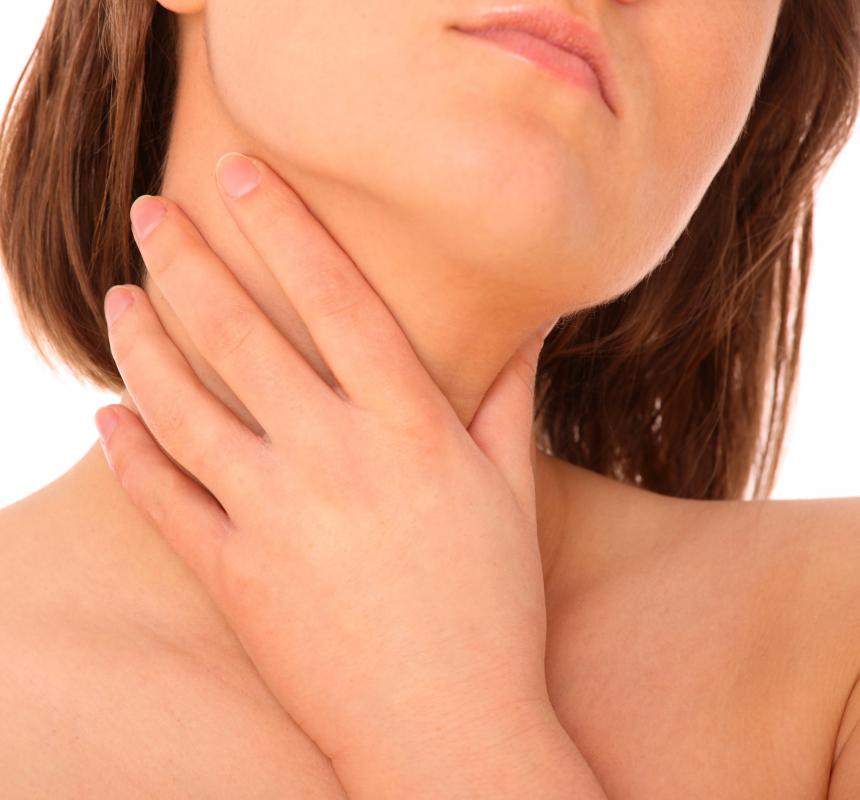At WiseGEEK, we're committed to delivering accurate, trustworthy information. Our expert-authored content is rigorously fact-checked and sourced from credible authorities. Discover how we uphold the highest standards in providing you with reliable knowledge.
What is Slapped Cheek Syndrome?
Slapped cheek syndrome or erythema infectiosum is a very common viral infection most frequently seen in childhood, although adults can get it too. Many people get this disease and experience no symptoms, acquiring a lifelong immunity after the first exposure. In people who do develop symptoms, there are treatments available to keep the patient comfortable while the virus runs its course. In rare cases, slapped cheek syndrome can be dangerous for a patient and aggressive medical treatment may be needed.
This infection is caused by the human parvovirus B19. It is contagious and usually passes through respiratory secretions, although it can also be transmitted via blood contact. In people who develop symptoms, the condition most commonly manifests with a rash, including a distinctive rash across the cheeks. At first glance, it can look like the patient's cheek has just been slapped, explaining the name.

In addition to the rash, slapped cheek syndrome can also be associated with fever, joint pain, headaches, and sore throat. Adults in particular are prone to joint pain while the infection is active. Providing the patient fluids and rest is usually enough to allow the virus to resolve on its own. If the patient experiences pain, mild analgesia can be helpful, and the rash may be soothed with cold packs and cooling topical creams. Once the patient recovers, it will not be possible to get sick again because the immune system has been sensitized and it will attack the virus in cases of future exposure.

For pregnant women, people with blood disorders, and individuals with compromised immune systems, slapped cheek syndrome can be more serious. The virus can lead to anemia and other medical complications because of the patient's vulnerabilities. These patients may require blood transfusions, immunoglobulin, and other treatments. In some cases, hospitalization may be recommended to provide appropriate supervision and treatment for the patient. People who associate with individuals at increased risk should be careful when they know they are sick to avoid spreading disease to someone who may not be able to fight it easily.

People who suspect that they have slapped cheek syndrome can go to a doctor for evaluation and a firm diagnosis. Evaluation can rule out other conditions associated with rash and joint pain and can be important for patients who are vulnerable to disease to confirm that the appropriate treatment is provided. In the event that a patient has something other than slapped cheek syndrome, other treatment options may be available.
AS FEATURED ON:
AS FEATURED ON:













Discuss this Article
Post your comments